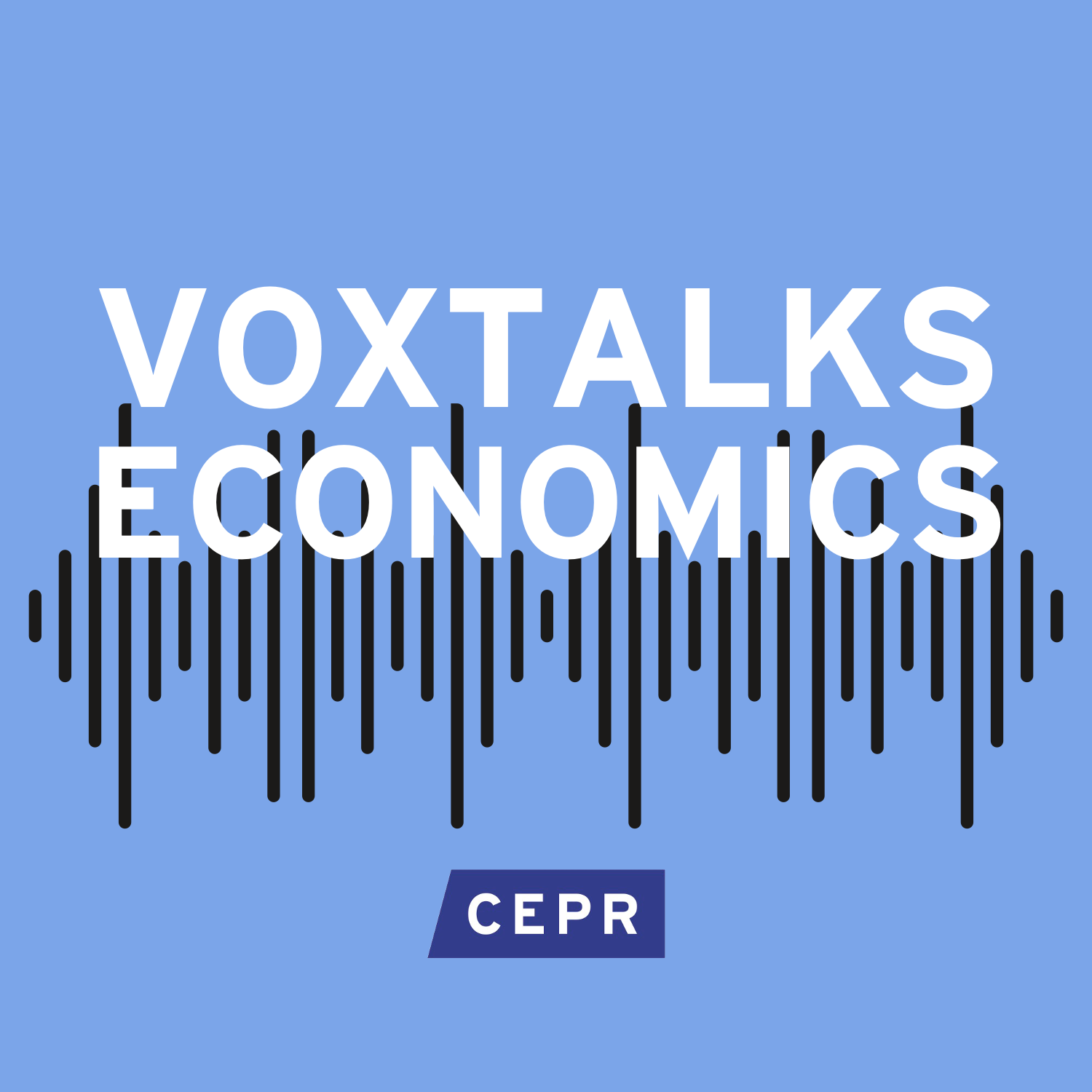319 episodes
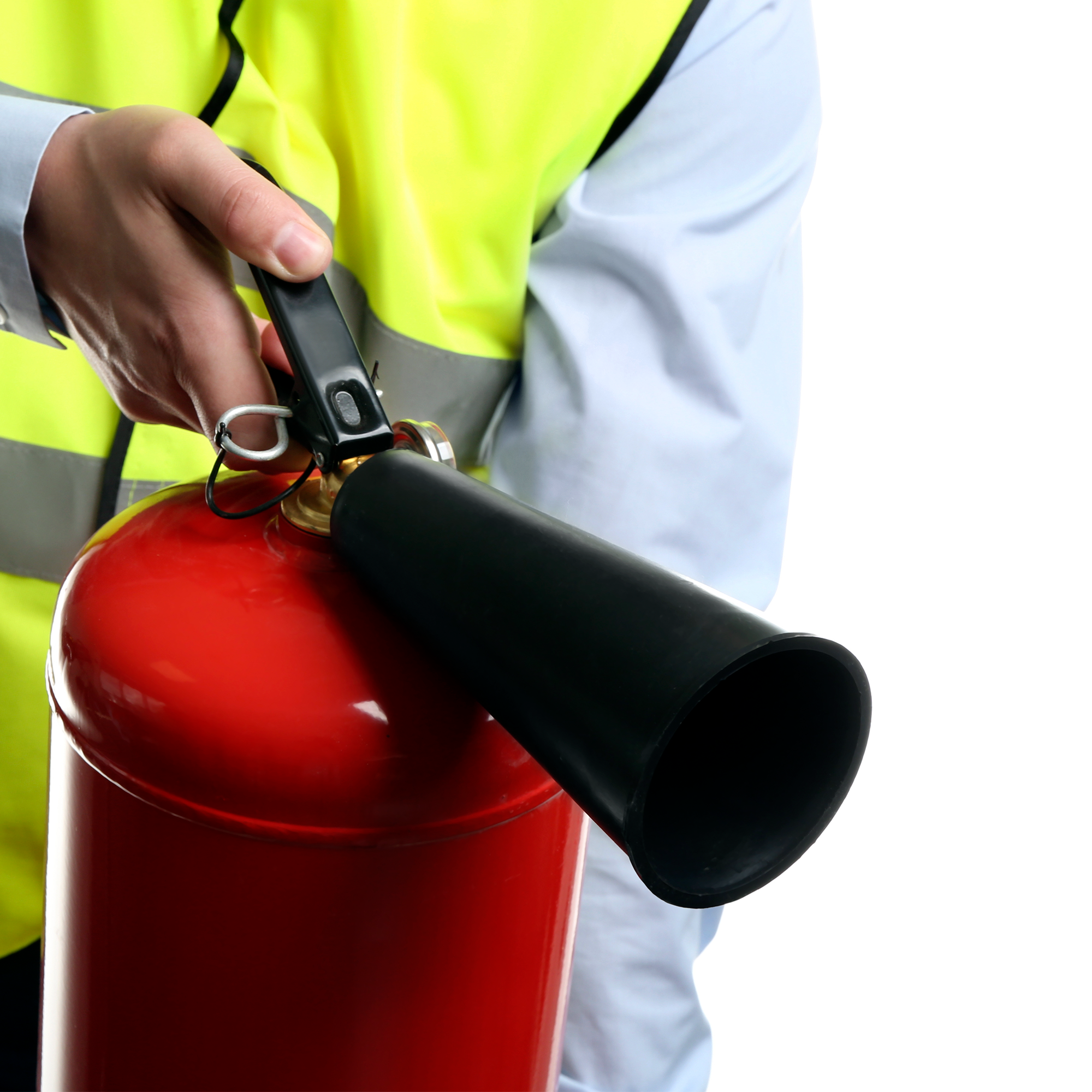

* What do we learn from the way central banks around the world responded to post-pandemic inflation? A new ebook from CEPR Press collects contributions from both academics and the central bankers who took the decisions. It explores what they did and how well it worked – and suggests some lessons that will help policymakers cope with the next inflationary episode. Bill English, one of the editors, talks to Tim Phillips. Download the ebook: https://voxta.lk/MPresponse
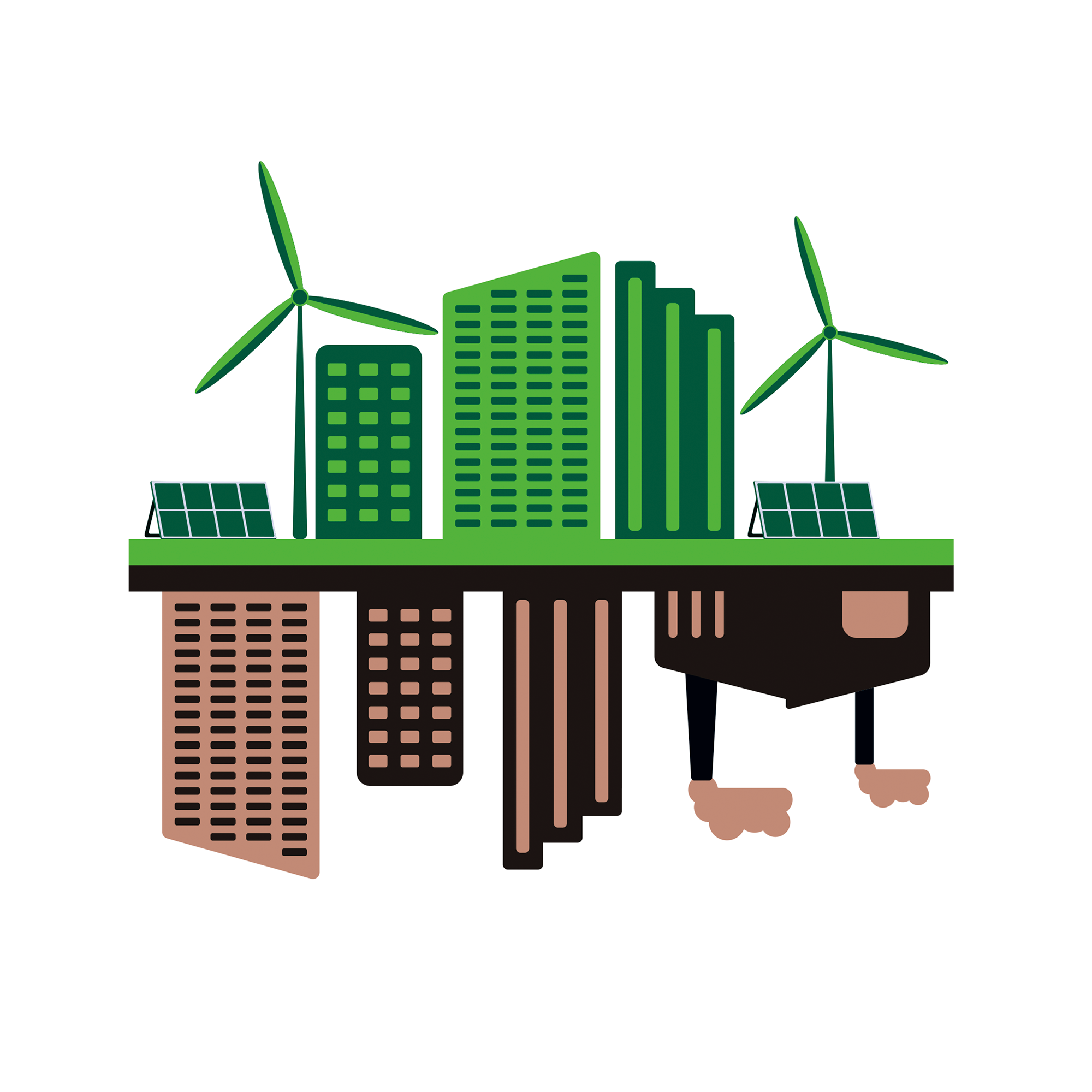

* Are markets acting efficiently when they price carbon risk? Alex Edmans talks to Alissa Kleinnijenhuis and Tim Phillips about how the earnings announcements of high emitters suggest mispricing of transition risk and argues that we should think of ESG is both extremely important – and nothing special.
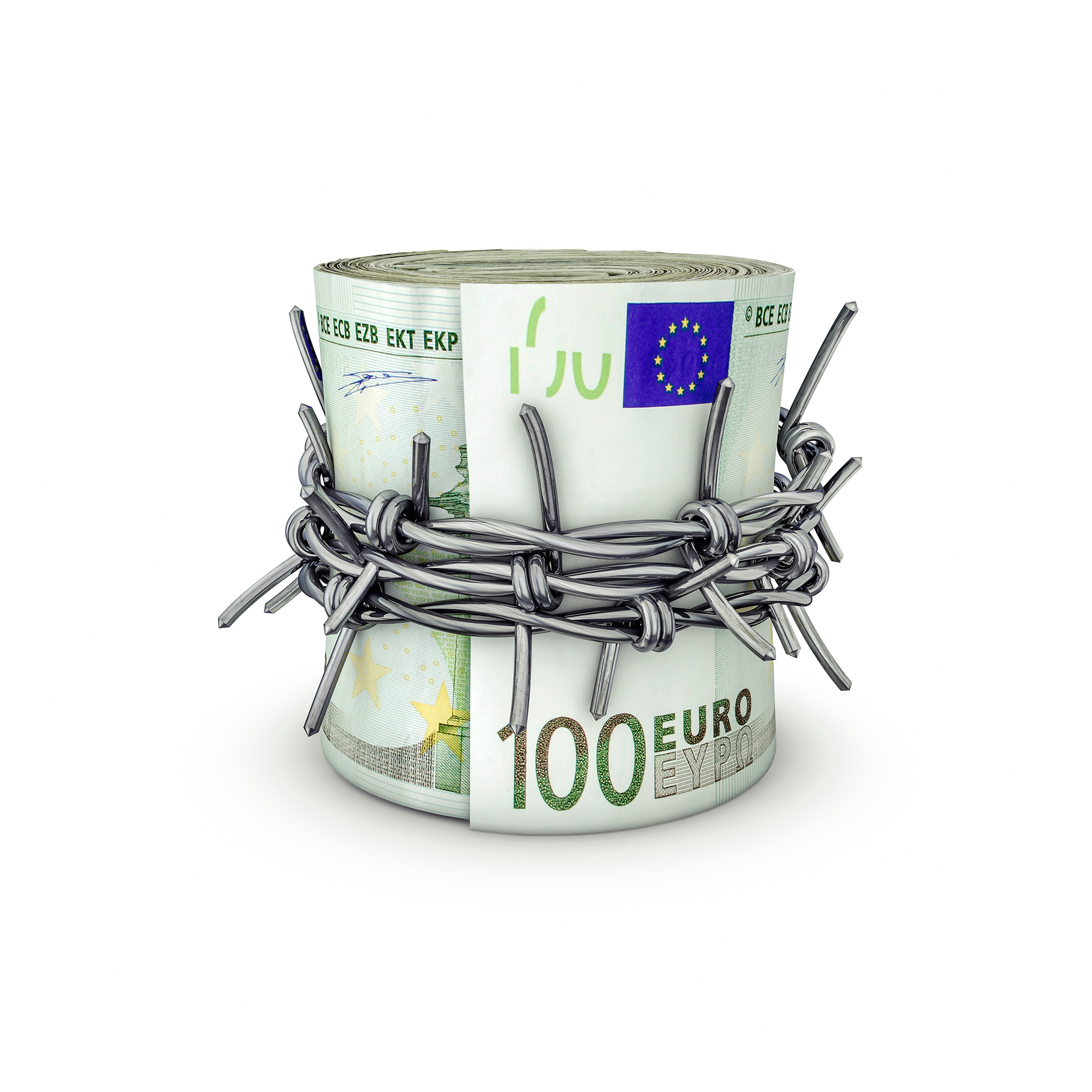

* Whether they war, disease or natural disasters, banks need to prepare for, and cope with, unexpected events. The third LTI report is published on 18 March by CEPR. Steven Ongena and Anna Pestova explain to Tim Phillips what the report reveals about how banks respond to these three types of disasters – and what that means for their customers.


* Covid-19 and the war on Ukraine have challenged debt sustainability. Can our existing institutions meet that challenge? Following the release of the CEPR fifth annual report on The Future of Banking, Tim Phillips talks to Jeromin Zettelmeyer about whether the existing framework and institutions for resolving debt crises can cope. And, if not, what might replace them.


* Are men from Mars, and women from Venus? If so, policies that seek to close the gender gap by equalising opportunities are unlikely to succeed. A recent paper finds that, contrary to popular belief, women and men’s traits are remarkably similar. Ruveyda Nur Gozen and Tim Phillips talk to Michelle Rao and Oriana Bandiera, two of the researchers who wrote the paper, about prejudice, policy, and the stubborn persistence of prior beliefs. Papers mentioned in the podcast: Bandiera, O., Parekh, N., Petrongolo, B., & Rao, M. (2022). Men are from Mars, and Women Too: A Bayesian Meta‐analysis of Overconfidence Experiments. , , S38-S70. (link https://onlinelibrary.wiley.com/doi/abs/10.111%601/ecca.12407 to paper) Bandiera, O., Fischer, G., Prat, A., & Ytsma, E. (2016). Do women respond less to performance pay? Building evidence from multiple experiments. (link https://papers.ssrn.com/sol3/papers.cfm?abstract_id=2893078 to paper) Rao, M. (2021) Gender Differences in altruism: a Bayesian hierarchical analysis of dictator games. Mimeo Bayer, A., Hoover, G. A., & Washington, E. (2020). How you can work to increase the presence and improve the experience of Black, Latinx, and Native American people in the economics profession. , (3), 193-219. (link https://pubs.aeaweb.org/doi/pdfplus/10.1257/jep.34.3.193 to paper) Bursztyn, L., González, A. L., & Yanagizawa-Drott, D. (2020). Misperceived social norms: Women working outside the home in Saudi Arabia. , (10), 2997-3029. (link https://www.aeaweb.org/articles?id=10.1257/aer.20180975 to paper) Diaz-Pardo, G., Rao, M. (2024). Women and Cash Transfers: how program design and local conditions relate to causal estimates of impact. Field, E., Jayachandran, S., & Pande, R. (2010). Do traditional institutions constrain female entrepreneurship? A field experiment on business training in India. , (2), 125-129. Stansbury, A., & Schultz, R. (2023). The economics profession’s socioeconomic diversity problem. , (4), 207-230. (link https://www.aeaweb.org/articles?id=10.1257/jep.37.4.207 to paper)


* It is 12 months since the sudden downfall of Credit Suisse, one of a tiny number of Too Big to Fail global banks. Beatrice Weder di Mauro was one of an expert team who were asked by the Swiss Department of Finance to investigate the crisis and resolution. She talks to Tim Phillips about what they discovered, and the lessons we ignore at our peril.
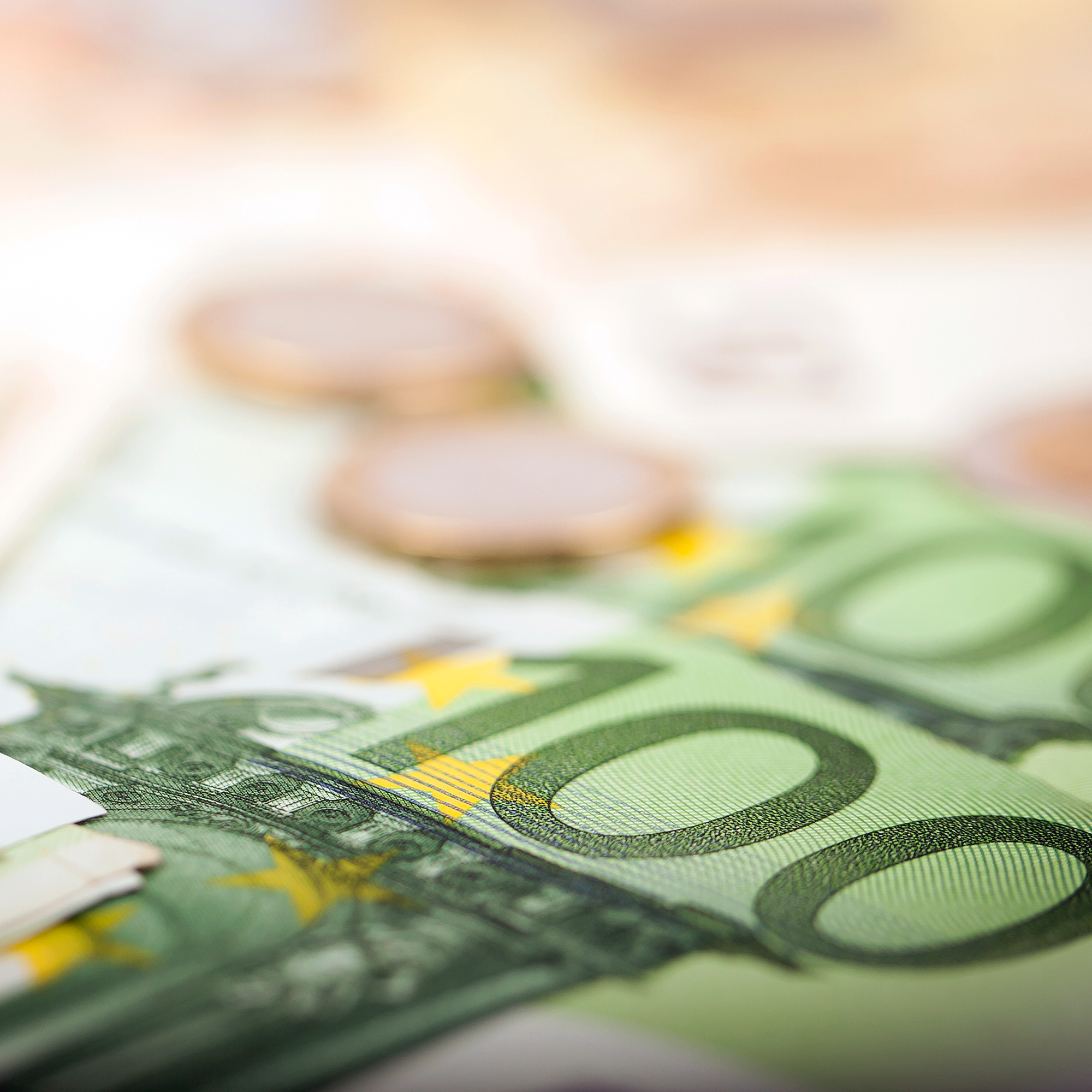

* On 1 Jan 1999, the euro launched. In the 25 years that followed, despite several moments when it seemed the entire project might implode, it has proved to be extremely resilient. Marco Buti and Giancarlo Corsetti of the European University Institute tell Tim Phillips about the good times, the bad times, and the lessons learned in the euro’s first 25 years.


* You want your children to be patient, work hard, and be able to save for the future. But can children learn these traits from their parents? Daniela Del Boca tells Tim Phillips about research in Italian families that investigates which children mirror the patience of their parents.
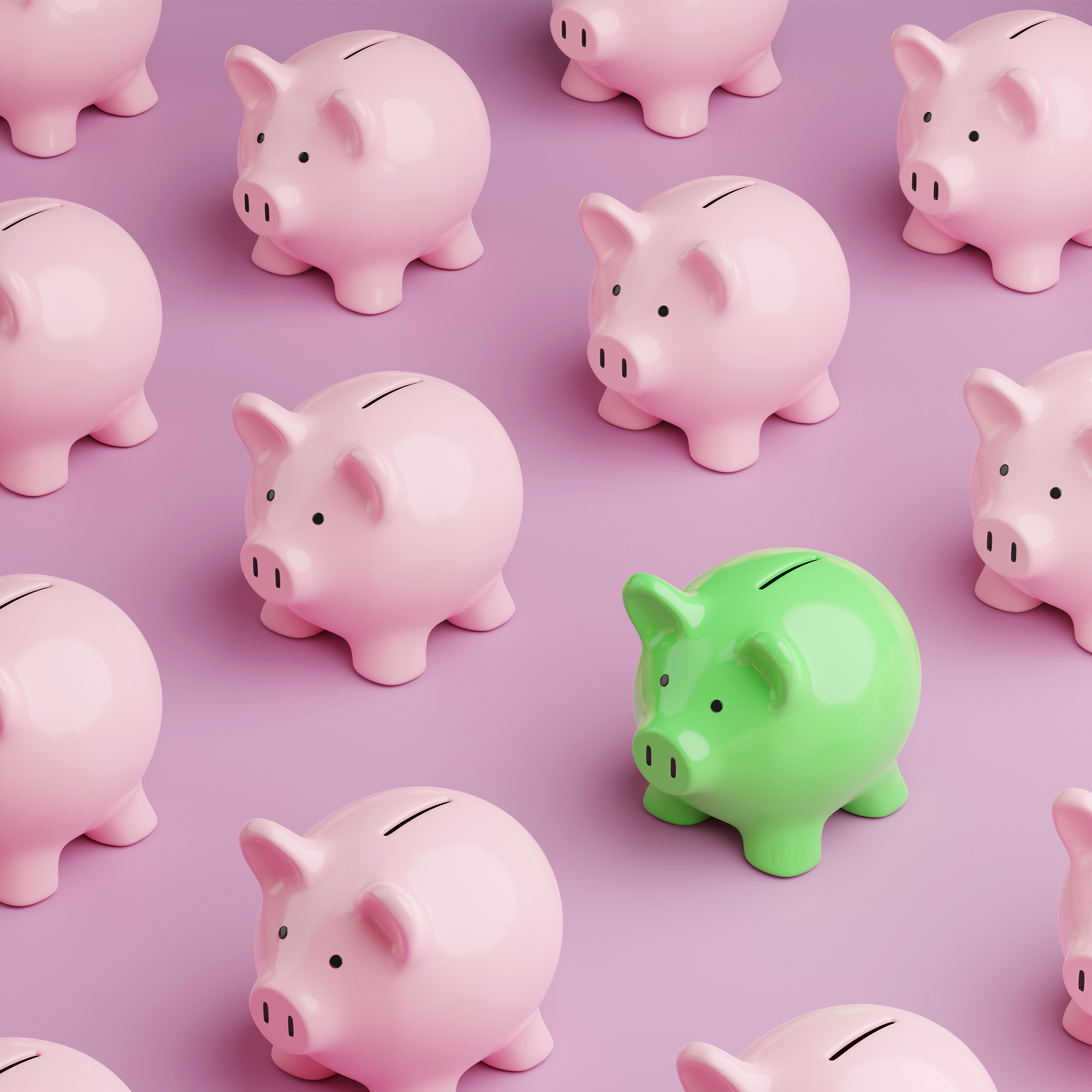

* Frédéric Samama has pioneered the development and introduction of instruments that make climate finance not only possible, but practical. He tells Alissa Kleinnijenhuis and Tim Phillips about his research, and how investors can incentivise firms to decarbonise.


* During Covid, America waited every Thursday for the release of the Initial Jobless Claims numbers at 8.30am. What happened next? Nancy Xu tells Tim Phillips that asset price movements may reflect expectations of government intervention as well as sentiment about the economy.
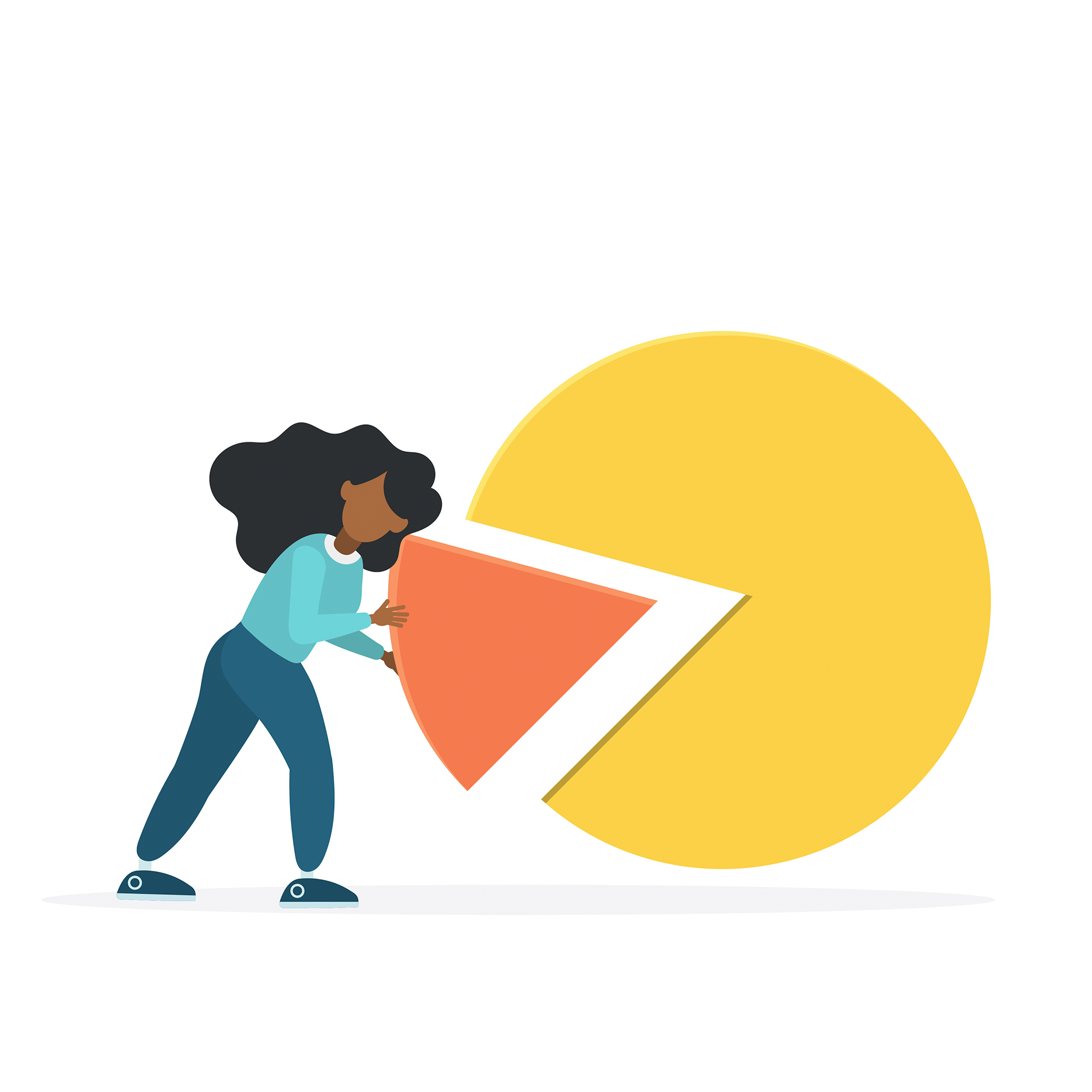

* Recorded at the CEPR Paris symposium 2023: In France, a law that compels many firms to share profits with their employees. Which employees end up earning more? And does their share in their employer’s success make them more productive? David Thesmar talks to Tim Phillips.


* Recorded at CEPR Paris Symposium 2023: data that's collected at the level of a household, a firm, or even an individual is extraordinarily valuable for researchers. But there's not enough affordable, accessible, high-quality data of this type in Europe. Tim Phillips talks to Filippo di Mauro of CompNet and Ugo Panizza of the Graduate Institute in Geneva about their plans, backed by CEPR, to create more open, more consistent sources of policy-relevant microdata.
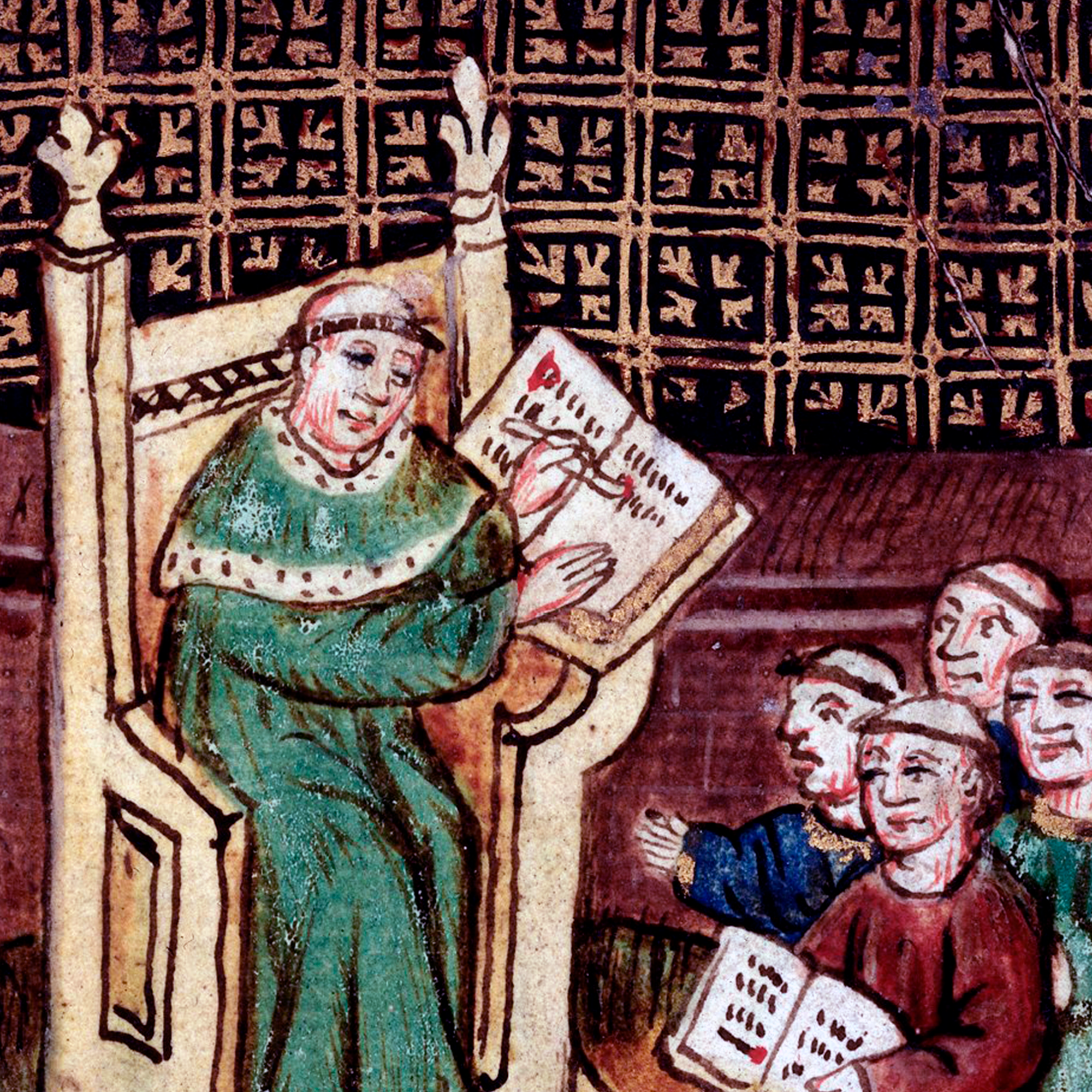

* Recorded at CEPR Paris Symposium 2023: Can we make a link between pre-modern scholars and GDP – and, if so, what is that link? David de la Croix has compiled data on Europe’s scholars from 1000-1800AD, including their expertise, where they were born and where they studied. Tim Phillips asks him if the seeds of knowledge were also the seeds of modern economic growth.


* Recorded at CEPR Paris Symposium 2023: Tim Phillips meets three of the young researchers who were chosen to present. Margot Belguise, Arnaud Dyevre and Yasmine van der Straten talk about their work – and offer some advice for anyone who is starting out on their research.


* In the brief history of climate finance, Andrew Karolyi has been one of the pioneers, both as an author and a catalyst to encourage other finance experts to become involved. He talks to Alissa Kleinnijenhuis and Tim Phillips about what inspired him to take on what he calls “the wickedest of wicked problems”, how he kickstarted research on the topic, and the little-known involvement of King Charles III in the genesis of climate finance.
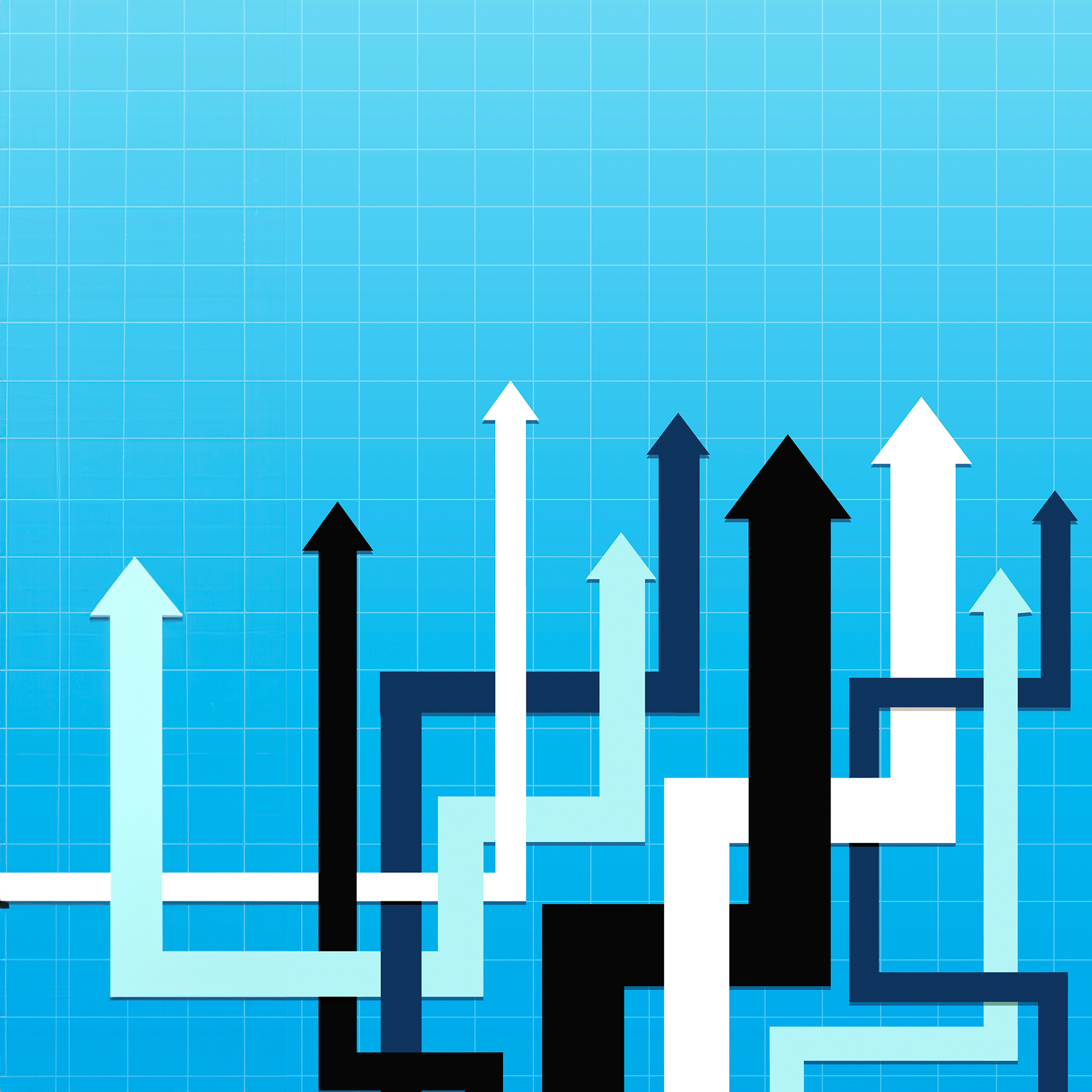

* Recorded at CEPR Paris Symposium 2023: The Fed has been rapidly raising rates recently. In the recent past this would have caused a red alert in the central banks of emerging markets. But not this time – so why not? Sebnem Kalemli-Ozcan tells Tim Phillips why this time, it’s different.
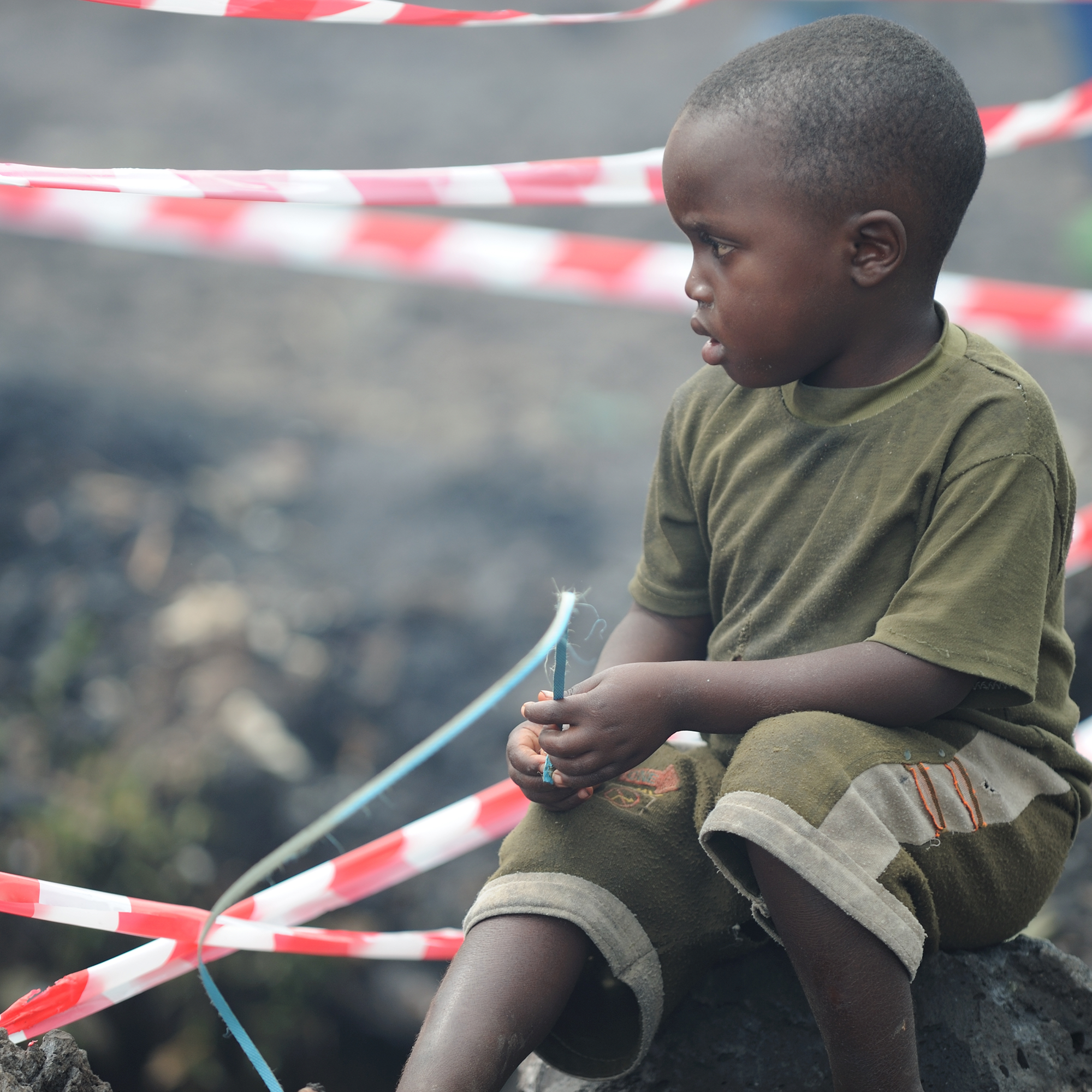

* Africa’s refugees often live in large, permanent camps. While the arrival of refugees is often an economic boost for the region, it is also bad for the health of the children of local families. Anna Maria Mayda and Jean-François Maystadt tell Tim Phillips how their research resolved this contradiction. Picture: Julien Harneis/Flickr


* COP28 has just concluded. Every COP demonstrates both the urgent need to devise policies that will shape the future of our planet and the people who inhabit it, but also the difficulty of implementing those initiatives. That’s why CEPR is introducing 'Climate Change and the Environment' as its latest programme area. Mar Reguant, who will lead the programme, and Beatrice Weder di Mauro, President of CEPR talk to Tim Phillips about whether COP can ever deliver, how climate change is now a part of every economist’s research agenda, and how you can get involved in the programme.


* When city dwellers travel, they worry about problems like about traffic jams, congestion charges, and the time spent waiting for public transport. Nicolas Martinez made a model of what happens when a street-smart population decides how and when to travel every day, and he tells Tim Phillips about how he applied it to investigate the usefulness of Paris’s traffic regulations.


* In the US, redistricting is done by the party in power. If you wanted to maximise the advantage to your side, how would you do it? And is that happening in practice? Allison Stashko talks to Tim Phillips about whether gerrymandering in the US is crossing the line.
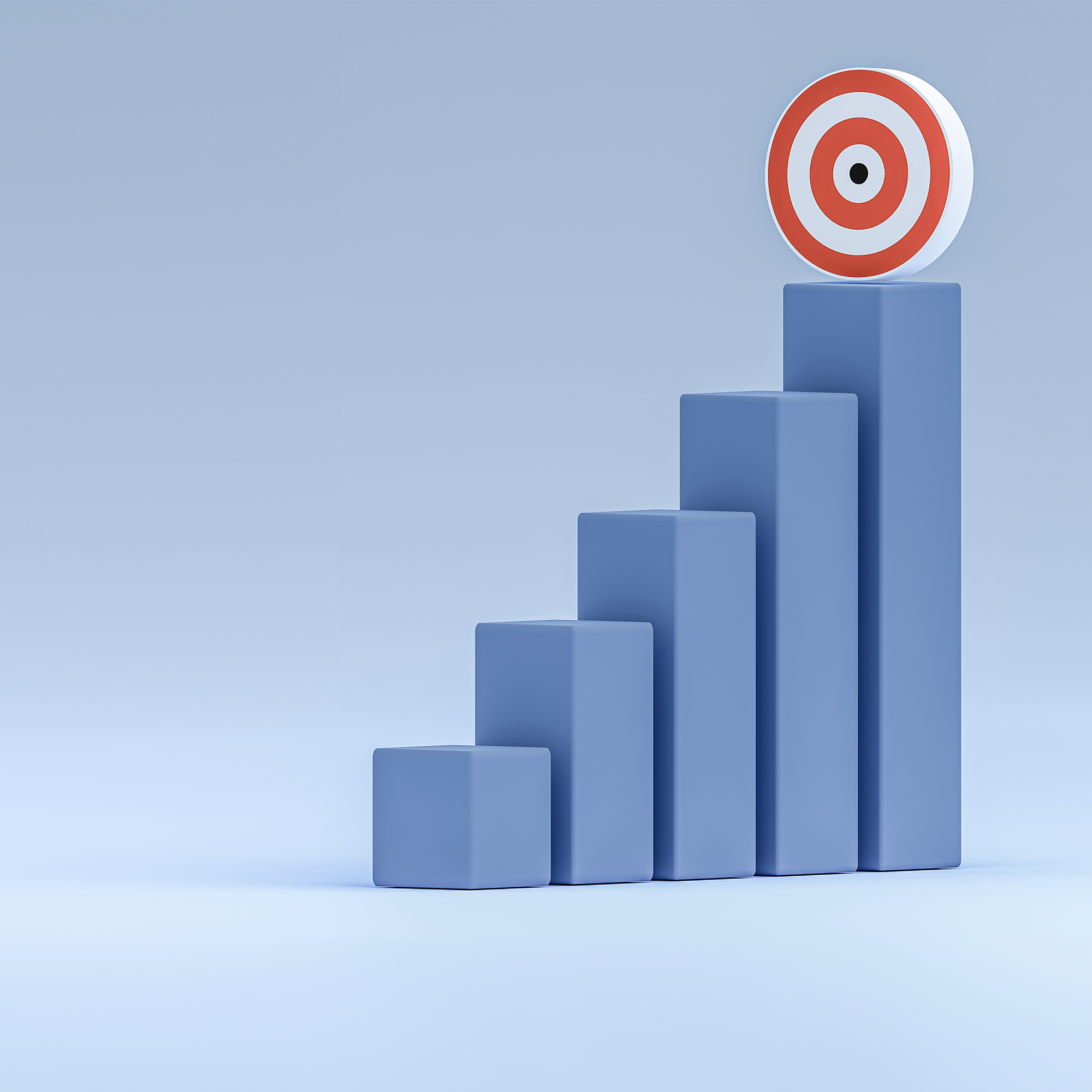

* In 1970 Milton Friedman told us that “The Social Responsibility of Business Is to Increase Its profits.” Faced with climate change, is that still the right objective for a company, and what could replace it? Dirk Schoenmaker, one of the authors of “Corporate Finance for Long-Term Value” talks to Alissa Kleinnijenhuis and Tim Phillips.


* Our financial system is supposed to be more resilient than before the global financial crisis, but that didn’t save Silicon Valley Bank, Signature Bank or First Republic. So what went wrong, and can we fix it? Steve Cecchetti and Kim Schoenholtz suggest to Tim Phillips how regulators can make banking safer.


* In the 1930s we didn’t know that drinking alcohol during pregnancy could affect the health of a baby. David Jacks of the National University of Singapore has used the repeal of Prohibition to investigate the impact on the long-term health of adults who were in utero when some mothers could drink alcohol, and some could not.


* In today’s polarised atmosphere, violent attacks on politicians are not unusual, and women are more likely to be the victims. Are they victimised because they choose different policies, or just because of their gender? Gianmarco Daniele has investigated violence against women in Italian politics, and he talks to Tim Phillips about his disturbing findings.


* Climate change will have an impact on the natural environment, and the natural environment will affect the rate of climate change. Is biodiversity risk reflected in asset prices? Is it possible to use private capital to finance biodiversity conservation and restoration, and what can that achieve? Alissa Kleinnijenhuis and Tim Phillips talk to Johannes Stroebel and Caroline Flammer.
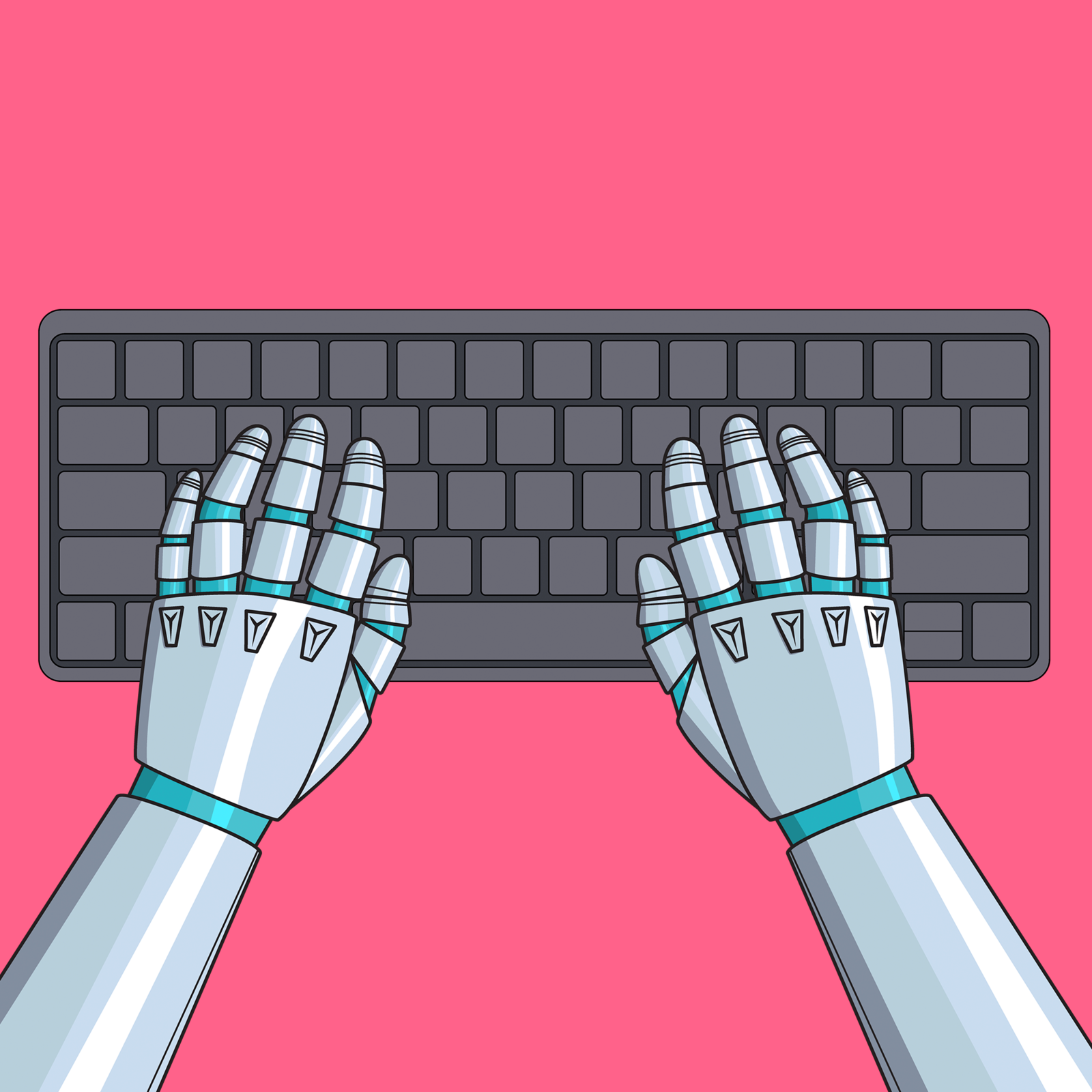

* By automating non-routine tasks, AI may have a profound effect on the jobs we do, and even whether those jobs exist. How much should we fear, and how much should we welcome this change? In the second of our podcasts from the Chicago Booth School Economic Experts Conference 2023, Tim Phillips speaks to John Van Reenen about how AI will affect our working lives.


* When the Soviet Union collapsed, the narrative was that we were at “the end of history”. Now we have changed our minds: globalization is in retreat, and we're entering a new Cold War. Is this new narrative true? At the Chicago Booth School Economic Experts Conference 2023, Tim Phillips speaks to Beata Javorcik and Sergei Guriev about shifting geopolitics and the global economy.
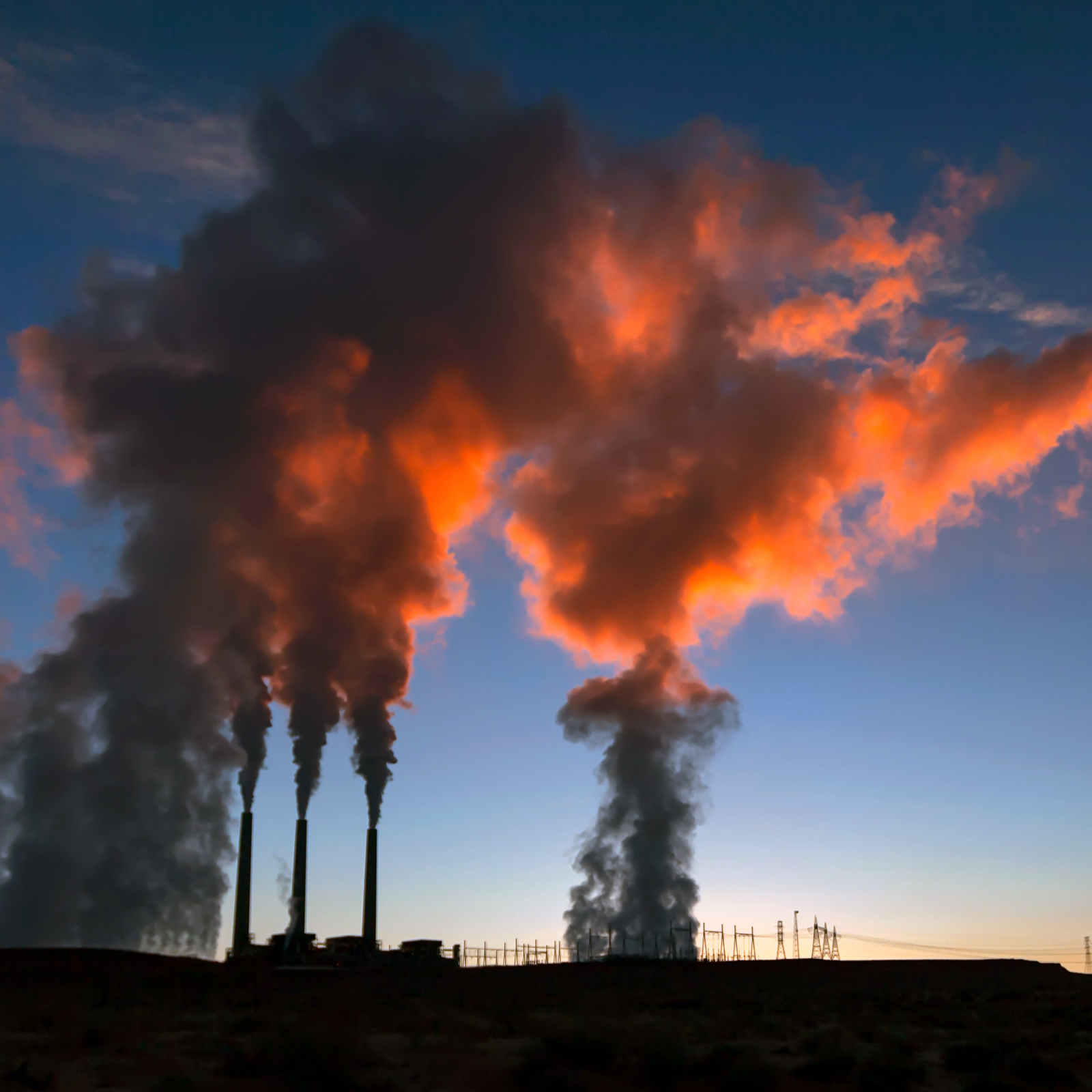

* New series: climate finance is an essential part of the fight against climate change. Join co-hosts Alissa Kleinnijenhuis and Tim Phillips for the important debates in climate finance, with the researchers and policymakers who are making a difference. In our introductory episode: What problems can climate finance solve, and how do we solve them? With guests Patrick Bolton, Viral Acharya, and Stefano Giglio.
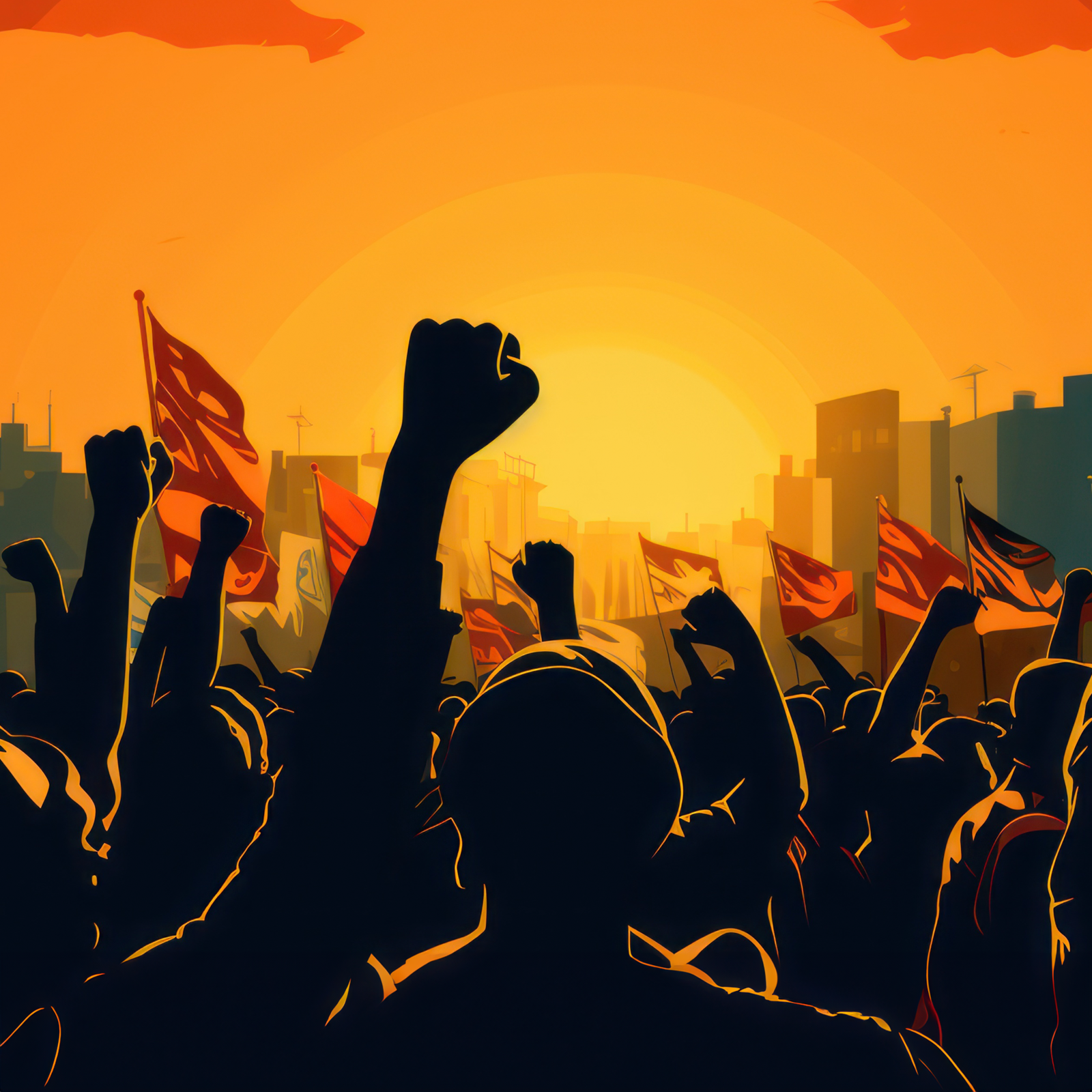

* On social media and in interviews, voters and their representatives sometimes seem full of rage. Is the current rise in populism driven by this anger, or is that conclusion too simplistic? Klaus Desmet tells Tim Phillips about what research into America’s angriest places tells us.


* The Inflation Reduction Act of 2022 provided $350 billion in tax credits and other incentives for clean energy technologies in the US. So how did American policymakers respond when South Korean government officials declared it was a “betrayal”? Chad Bown of the Peterson Institute tells Tim Phillips the strange-but-true tale of how the problem was fixed, and what it tells us about protectionist trade policy in a global crisis.
